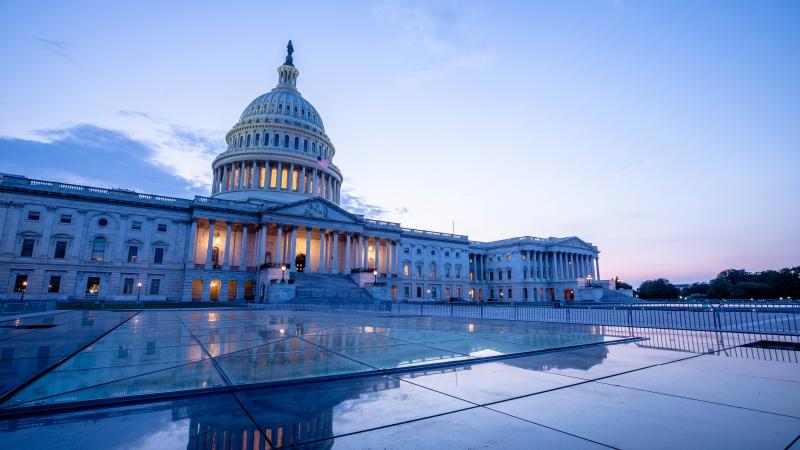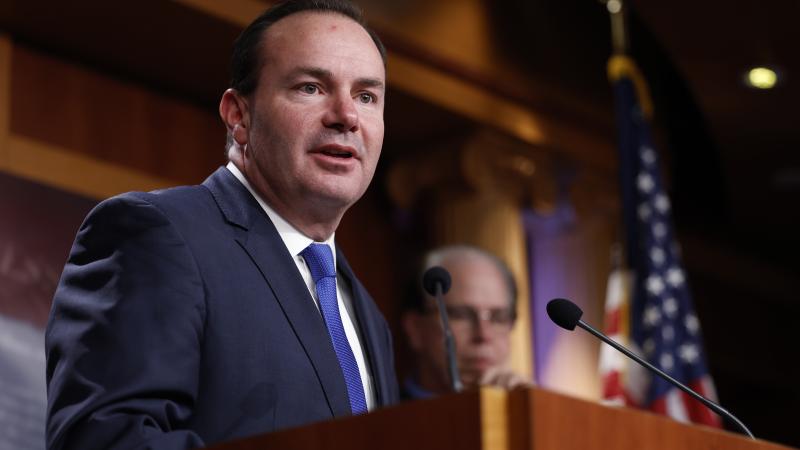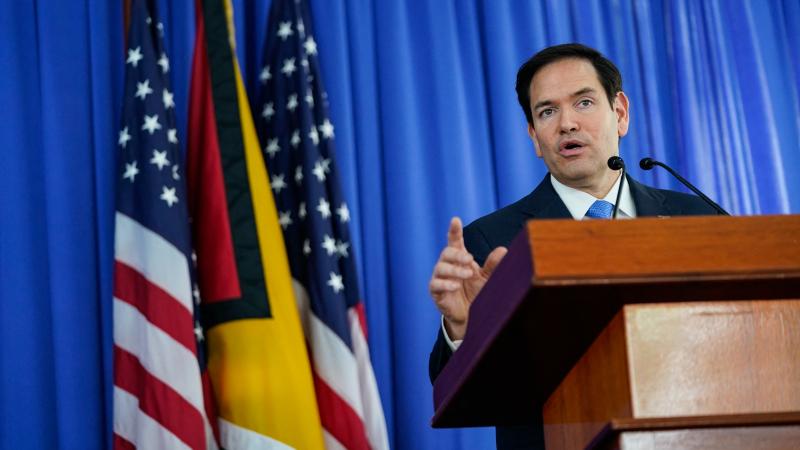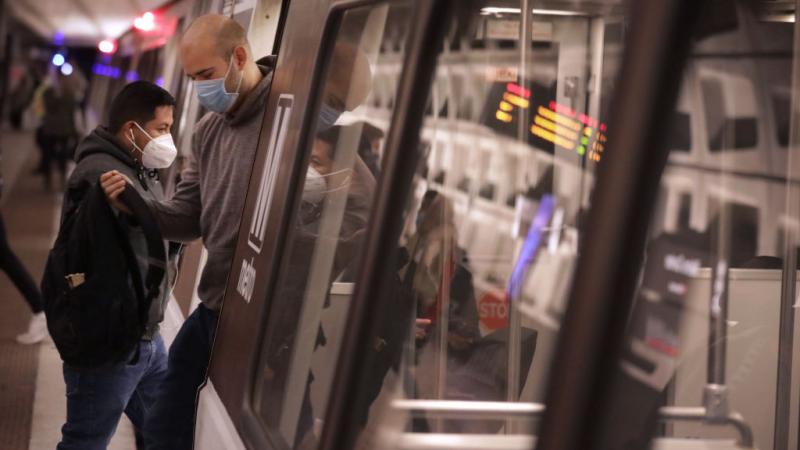COVID-19 is close to losing its epidemic status in the U.S., according to the CDC
The percentage of coronavirus deaths in the country has been declining for ten straight weeks.
Coronavirus deaths in the country have nearly reached a level where the virus will cease to qualify as an epidemic under Centers for Disease Control and Prevention rules, the federal agency reported on Friday.
The CDC qualifies a disease outbreak as an "epidemic" if the number of deaths attributable to the disease exceeds a certain percentage of total deaths per week. That threshold for pneumonia, influenza and COVID-19 fluctuates slightly depending on the time of year, ranging from around 7% at the height of flu season to around 5% during less virulent months.
CDC data indicate that deaths from those ailments began skyrocketing in the country around the second week of March, hitting a peak around early May and then plummeting quickly after that.
The latest data show that the percentage of deaths in the country attributable to those factors had as of the last week in June reached its lowest point since the end of last year, becoming "equal to the [current] epidemic threshold of 5.9%," the CDC said.
The agency notes that the official tally of deaths "will likely change as more death certificates are processed, particularly for recent weeks." Yet the number of deaths attributable to COVID-19, pneumonia and influenza have been declining for 10 straight weeks, the agency said on its website. This suggests COVID-19 may cease to qualify as an epidemic in the next few weeks.
The welcome news comes as fear over a "second wave" of the virus has gripped the U.S., with some states experiencing fresh surges of COVID-19 along with increased hospitalizations.
Though infections are significantly up in some places, deaths throughout the country have remained flat, due likely to several factors including a younger cohort of infections as well as improved treatment methods.















